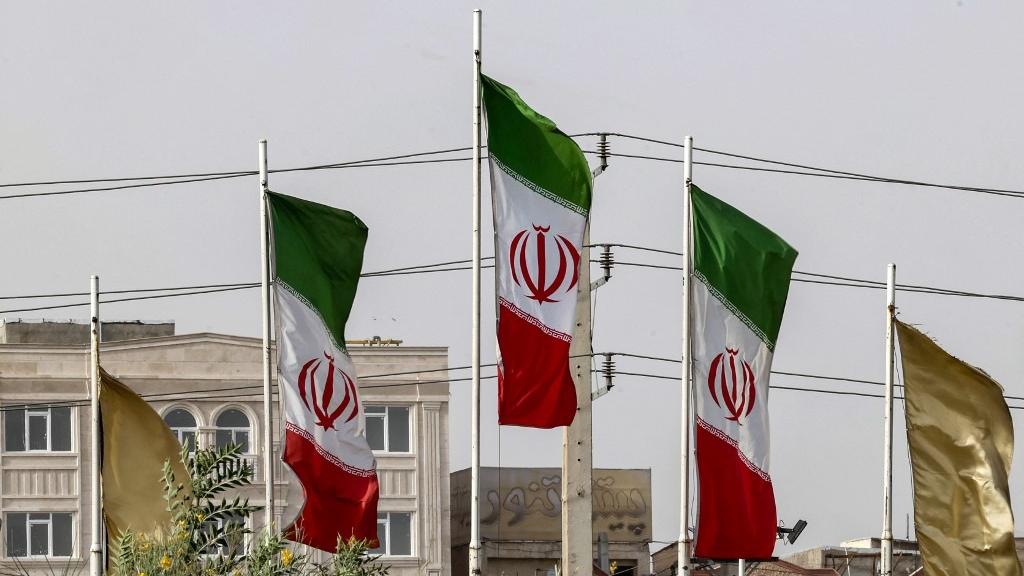 The flags of Iran flutter in the south of Tehran, Iran, on July 4, 2022. (PHOTO / AFP)
The flags of Iran flutter in the south of Tehran, Iran, on July 4, 2022. (PHOTO / AFP)
TEHRAN - Barring International Atomic Energy Agency (IAEA) inspectors assigned to Iran is a right the country is exercising under the bilateral safeguards agreement, Iran's Foreign Ministry spokesman Nasser Kanaani said Saturday.
He made the remarks in a statement released by the Iranian Foreign Ministry, in response to comments by IAEA Secretary-General Rafael Grossi, who criticized Iran's move as "disproportionate and unprecedented " to bar several inspectors.
READ MORE: Tehran vows response to 'anti-Iran statement' at IAEA meeting
Kanaani regretted that despite Iran's "positive, constructive and continuous interactions" with the agency, the E3 group of France, Britain and Germany as well as the United States used, through their excessive demands, the IAEA's Board of Governors earlier this week to "ruin the atmosphere pervading cooperation between Tehran and the agency and achieve their political objectives."
Iran's move was made in response to a call led by the United States and the E3 at the IAEA earlier this week on Tehran to cooperate immediately with the IAEA on issues including "explaining uranium traces found at its undeclared sites"
Iran's move was made in response to a call led by the United States and the E3 at the IAEA earlier this week on Tehran to cooperate immediately with the IAEA on issues including "explaining uranium traces found at its undeclared sites."
ALSO READ: Iran says holding indirect nuclear talks with US possible
Tehran "affects the normal planning and conduct of the agency's verification activities in Iran and openly contradicts the cooperation that should exist between the IAEA and the country," Grossi said on Saturday.
Iran signed the nuclear deal, known as the Joint Comprehensive Plan of Action (JCPOA), in July 2015, agreeing to put some curbs on its nuclear program in return for the removal of sanctions on the country. The United States, however, pulled out of the deal in May 2018 and reimposed its unilateral sanctions on Tehran, prompting the latter to reduce some of its nuclear commitments under the deal.
READ MORE: US, allies drag feet on Iran nuclear deal
The talks on the JCPOA's revival began in April 2021 in Vienna, Austria. No breakthrough has been achieved after the latest round of talks in August 2022.


